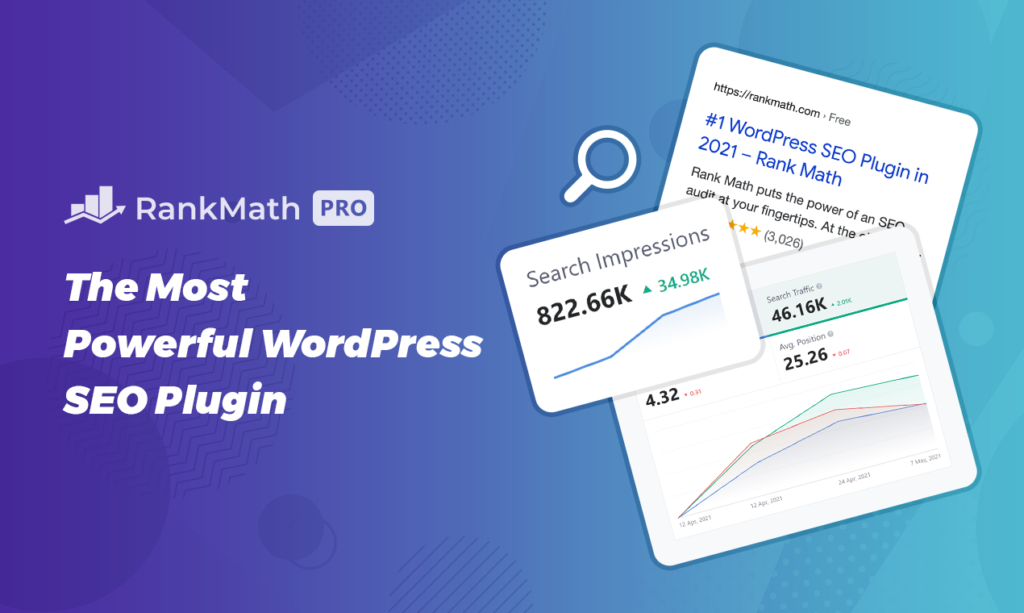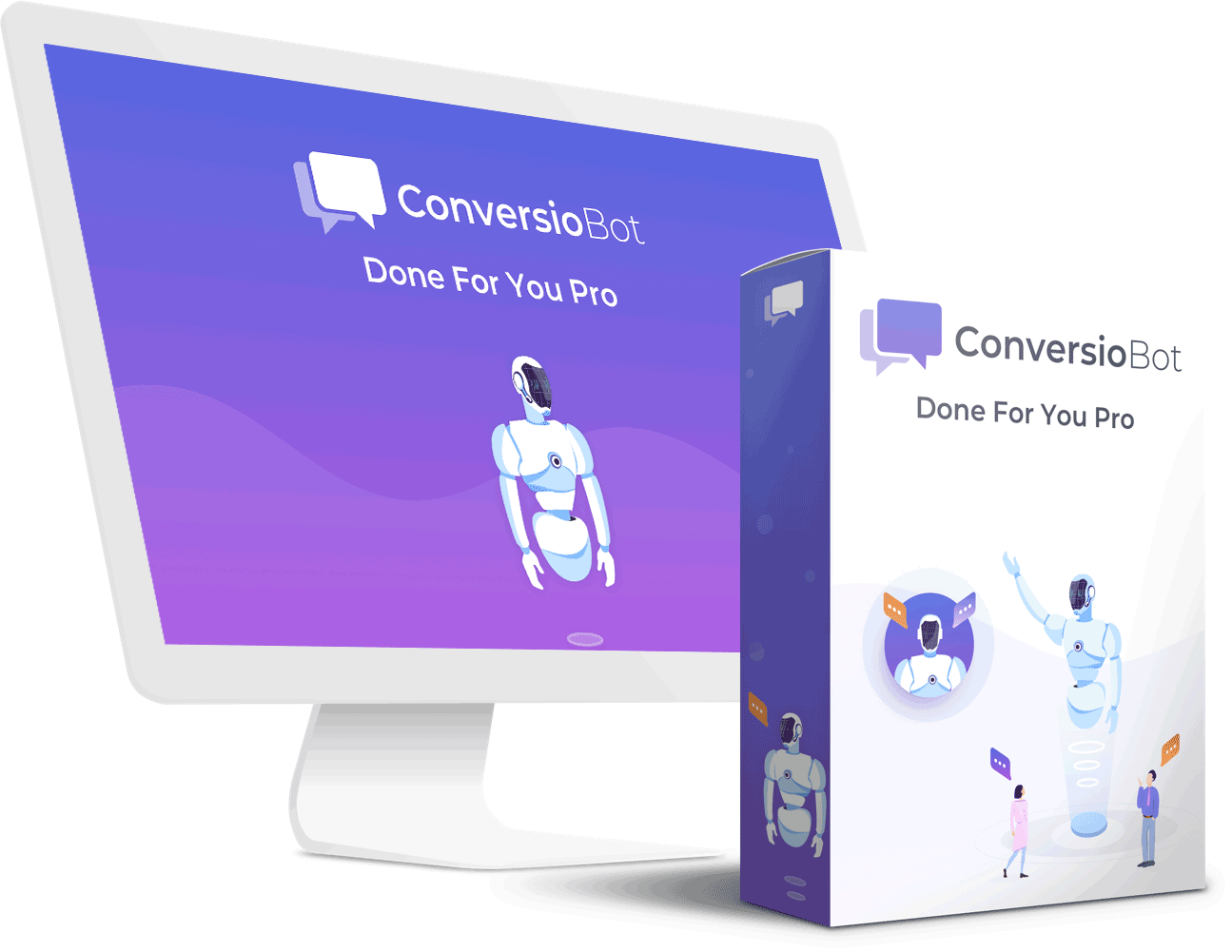Table of Contents
Google has been working on a new search engine called Project Magi, where they aim to revolutionize the way people search for information online. According to Google, it is their biggest innovation in search since the introduction of Google Search over two decades ago. In this article, we’ll take a closer look at this project and its features, pros, cons, and what it means for the future of search.

What is Project Magi?
This project is an AI-powered search engine that uses machine learning and natural language processing to better understand user queries. It aims to provide more accurate and relevant search results by taking into account the context, intent, and meaning behind the queries. This means that users can ask more complex questions and receive more personalized results, making search more intuitive and natural.
Features of Project Magi
Here are some of the key features of this project that make it stand out from traditional search engines:
Natural language processing (NLP)
It uses NLP to better understand the intent behind user queries. This means that users can ask more complex questions and receive more accurate search results. For example, if you ask “What is the capital of France?”, it will understand that you’re looking for information about Paris, not just a list of random facts about France.

Personalized search results
It takes into account your search history, location, and other factors to provide personalized search results. This means that you’ll see results that are more relevant to you, rather than generic results that may not be helpful. For example, if you’re searching for a restaurant, it will show you results that are close to your location, rather than just a list of the best restaurants in the world.
Visual search
It also includes a visual search feature, where users can take a photo of an object and search for information about it. This is particularly useful for shopping, where users can take a photo of a product and find out where to buy it, how much it costs, and other relevant information.
How will it affect Google Ads?
It’s focus on providing personalized search results means that ads served to users may be more relevant and targeted, leading to better ad performance for advertisers. By understanding the intent behind user queries, it may be able to serve ads that are more likely to be clicked on or lead to conversions. For example, if a user is searching for “best running shoes for women”, it could serve ads for women’s running shoes that are currently on sale or have good reviews.

Click to know more about the above product from a Chatbot
However, it’s visual search feature may lead to changes in ad formats. With users able to take a photo of a product and find out where to buy it, advertisers may need to focus more on visual content and product information in their ads, rather than just text-based ads. This could lead to a shift towards more visually appealing ads and an increased focus on product details, such as price, reviews, and availability.
Overall, it’s impact on Google Ads is yet to be fully realized, but it has the potential to provide both opportunities and challenges for advertisers. By providing more personalized and relevant search results, it may lead to better ad performance, but advertisers may need to adapt their ad formats and content to fit with the visual search feature.
Edge over its other competitors
It’s advanced AI-powered search features could give Google an edge over its competitors in the search engine market. By providing more accurate and relevant search results, it could attract more users to Google and potentially lead to better retention rates. However, other search engines such as Bing and Yahoo may also look to improve their search algorithms and features in order to compete with it.
In terms of advertising revenue, it’s focus on personalized search results may attract more advertisers to Google. Advertisers are always looking for ways to target their ads to the right audience, and it’s advanced AI could make Google a more attractive platform for advertising. However, as other search engines improve their search algorithms and features, advertisers may also consider advertising on those platforms.
Finally, it’s visual search feature could give Google an advantage in the e-commerce market. By allowing users to take a photo of a product and find out where to buy it, it could become a go-to platform for online shopping. However, as other search engines add similar features, Google may need to continue to innovate and improve its visual search functionality in order to maintain its competitive edge.
Overall, it has the potential to give Google an advantage over its competitors in the search engine market and attract more advertisers to its platform. However, as the search engine market continues to evolve and innovate, Google will need to continue to improve and adapt in order to maintain its position as the dominant player in the space.
How will it affect SEO (Search Engine Optimaization)
It has the potential to significantly impact SEO, particularly with its focus on natural language processing and personalized search results.
With its use of NLP, Project Magi could lead to more complex and specific user queries, which means that SEO strategies will need to adapt to keep up. Keywords and phrases may become more nuanced and long-tail, and content will need to be optimized for natural language and conversational search queries.
Furthermore, it’s personalized search results mean that SEO will need to focus on providing highly relevant and personalized content in order to rank well. This means that content needs to be tailored to specific user interests and queries, with a focus on providing value and solving problems.
In addition, it’s visual search feature may lead to changes in the way that SEO is optimized for images and video content. To rank well in visual search results, images and videos will need to be optimized with descriptive and meaningful metadata, such as alt tags and captions.
Overall, it’s advanced AI-powered search features could significantly impact SEO strategies. SEO professionals will need to adapt to the changing search landscape by focusing on natural language optimization, providing highly relevant and personalized content, and optimizing visual content for search.
Pros of Project Magi
More relevant search results
One of the biggest advantages of it is that it provides more relevant search results. By taking into account the intent behind user queries, it can provide more accurate answers to complex questions. This is particularly useful for users who are looking for specific information, such as the name of a song or the definition of a word.
Personalized search results
It also provides personalized search results, which means that users will see results that are more relevant to them. This is particularly useful for local searches, where users want to find information about businesses or events in their area.
Visual search
The visual search feature of it is a game-changer, particularly for shopping. By taking a photo of a product, users can find out where to buy it, how much it costs, and other relevant information. This makes shopping more convenient and efficient.
Cons of Project Magi
Privacy concerns
One of the main concerns with it is privacy. Since it uses machine learning and natural language processing, it needs to collect a lot of data about users in order to provide personalized search results. This has raised concerns about how Google will use this data and whether it will be shared with third-party companies.
Dependence on AI
Another concern is that Project Magi is heavily reliant on AI. While this is a powerful tool for improving search results, it also means that there is a risk of bias or errors in the results. For example, if the AI algorithm is biased towards certain types of content, it may exclude other relevant results.
Competition from other search engines
Finally, it will face stiff competition from other search engines, such as Bing and Yahoo. While Google is the dominant player in the search market, it will need to offer something truly unique and compelling to convince users to switch to Project Magi.
Conclusion
In conclusion, Project Magi is an exciting new development in the world of search engines. With its focus on natural language processing, personalized search results, and visual search, it has the potential to revolutionize the way we search for information online. However, it also raises privacy concerns and the risk of dependence on AI. Only time will tell whether Project Magi will be successful in the long run, but it’s certainly an interesting development to watch.
You might find this article useful: https://techhorizoncity.com/openai-mindset-success/

